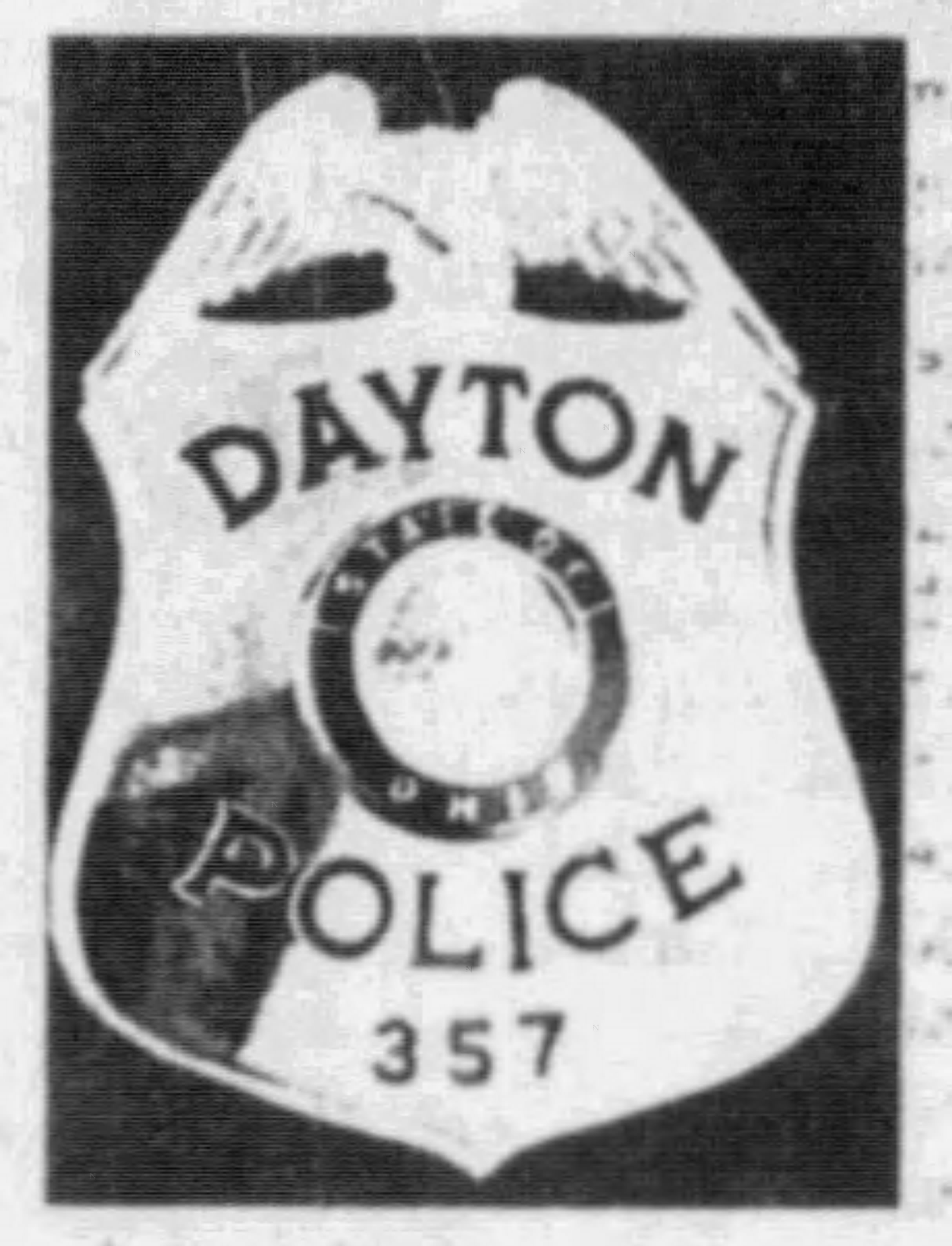When questioned later by a lieutenant about what saw, Bettinger replied, “I didn’t see anything.
“The lieutenant shook my hand and said, ‘You’re going to make a fine officer. You just remember to keep your eyes and ears open and your mouth shut. You don’t ever, ever rat on another officer.’ And that’s the way it was.”
GEM CITY CONFESSIONS
A project from the Dayton Daily News

Earlier this year the Dayton Daily News published the special series Gem City Gamble: Dayton’s police corruption, gangsters and the downfall of Pete Rose. Following the popularity of the series and requests from readers for more, reporter Wes Hills dug into his notebooks and conducted new interviews for a follow-up series revealing more details about how police corruption shaped the city’s history.
These stories are compiled in a new series we’re calling Gem City Confessions.
“If you saw somebody take money from a gambler or a bootlegger, you kept your mouth shut,” Bettinger said. “One night I worked with an older officer and he went into this bootleg joint and came out with some money and he tried to give me some. I said I don’t want any. He says, ‘Fine, from now on whenever we work together, I get my share and yours.’
“In the early 1960s, you could not have survived by going by the book. The internal department would not have let you survive.”
With a special Montgomery County grand jury investigation hanging over his head, Bettinger conceded he was part of an era where brutal tactics that violated the rights of defendants were taught to put criminals in jail.
Reached in August at his home in Alabama, Bettinger, how 88, declined to comment for this story.
‘A lot of abuses’
On May 11, 1985, Bettinger pleaded guilty to a misdemeanor charge of failing to report illegal police wiretapping in 1974. He was suspended without pay. He retired about a week later.
Bettinger said at the time he hoped speaking out about the abuses would explain why the careers of so many young officers were jeopardized by the system that preceded them.
Among the points he emphasized were:
- The police corruption and civil liberty abuses of the early 1960s contributed to the riots later in the decade.
- Illegal electronic surveillance, fraudulent searches, police brutality and other illegal activities characterized an era that involved federal agents in Dayton and many police departments across the nation. Illegal wiretapping “was part of the game. It was something that had to be done.”
- “When I came on, what they used to do was get a (blank) subpoena, fold it in two so it looked like a warrant, leave it in your hat and walk in a place ... and you just pulled it out and flashed it and went about your search.”
- “The police on the street became the whole judicial system. I don’t think anyone even knew how to get a court order.”
- The FBI conducted illegal wiretapping “on a regular basis” while working with police, despite the FBI’s ability to get court orders to tap telephone wires legally.
He said “aggressive” enforcement against bootleg joints and prostitution “really helped precipitate the riots. We began smashing them up. We’d go in and arrest everybody, load up the paddy wagons with 30 to 40 people, and after they were loaded we would use sledgehammers and axes and just virtually knock down the passageways, mazes and just virtually destroy the place inside.”
“It was not uncommon at all for us to get into three, four or five fights a night,” Bettinger said. “If you had to bust a few heads, you busted a few heads. No one ever made a use of force (complaint) or took people to jail.”
“You created an atmosphere where ... you were feared ... and you had to be good on your word.”
“I’ve seen a lot of abuses,” he said. “The abuses led to the reforms of the ‘70s. People got carried away and went too far. Kicking doors open and going in searching people’s houses, tearing their furniture apart and stuff. Looking for stuff without any basis, without search warrants or anything.”
But he loved being a cop. He recalled a speech he gave at a citizen’s meeting.
“I probably have my share of racism as most whites do in one way or another,” he said he told his audience. “And I’ve busted my share of heads and I made my mistakes. But at the same time, I’ve saved a lot of lives out here (in West Dayton). I’ve risked my neck bringing a lot people to hospitals. I’ve delivered five Black babies in the back seats of cruisers. So let’s put things in perspective.”
About the Author

